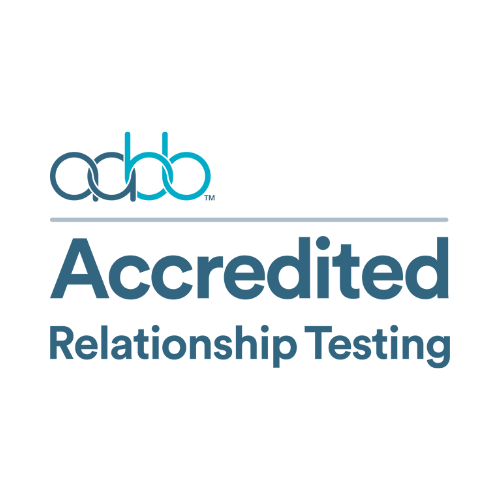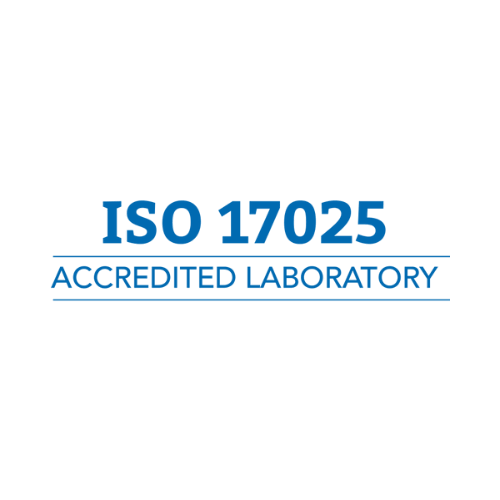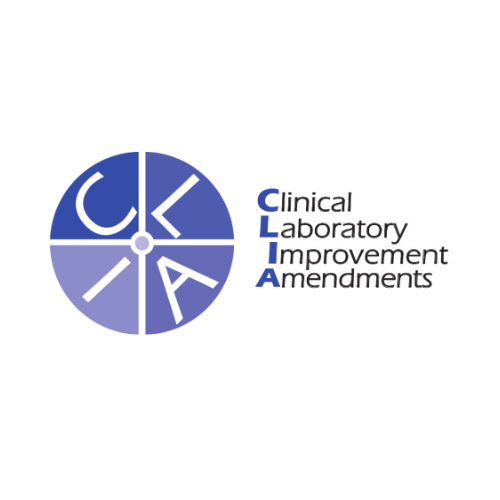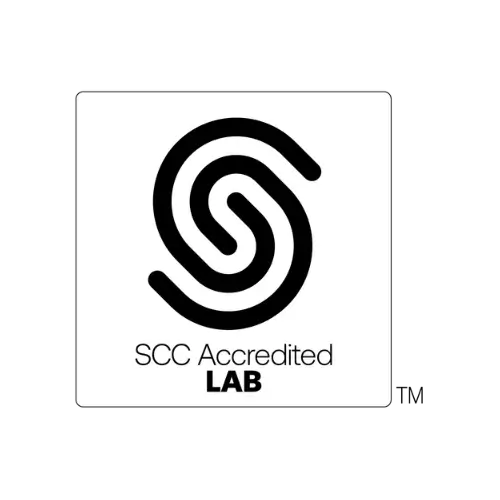Legal Paternity Test
- Results delivered in 1-2 business days
- Court-approved results for legal proceedings
- AABB, ISO17025 & CAP accredited laboratory

About the Legal Paternity Test
The Genetrack Difference
Fast Turnaround
2x Testing Guarantee
Court-Admissible Results
Conclusive Results
Private & Confidential
Painless Mouth Swabs
How Legal DNA Testing Works

Order Legal Test

Sample Collection

Receive Results
Legal Paternity Test: 2025 Fee Schedule
| Test Type | Order Link |
|---|---|
| 1 child, 1 alleged father | $290, Order » |
| 1 child, 2 alleged fathers | $400, Order » |
| 2 children, 1 alleged father | $400, Order » |
| 3 children, 1 alleged father | $510, Order » |
| 4 children, 1 alleged father | $620, Order » | 1 mother, 1 child, 1 alleged father | $400, Order » |
| 1 mother, 1 child, 2 alleged fathers | $510, Order » |
| 1 mother, 2 children, 1 alleged father | $510, Order » |
| 1 mother, 3 children, 1 alleged father | $620, Order » |
| 1 mother, 4 children, 1 alleged father | $730, Order » |
For legal testing, a specimen collection and witnessing fee of $75 will apply for each person whose sample is collected within the United States, and $100 for each individual whose sample is collected overseas. A $25 charge will apply if individuals in the same case are collected at different locations.
3 Easy Ways to Order Your Legal Paternity Test
Our Accreditations





Frequently Asked Questions
How does the Legal Paternity Test work?
During a paternity test, DNA samples are collected from both the child and the alleged father via a buccal swab (mouth swab). The collected sample consists of cells, which contain DNA (deoxyribonucleic acid) that holds a full set of genetic information unique to each individual, similar to a fingerprint.
In the laboratory, the DNA is extracted from the cells and certain regions of the DNA are amplified through a process called PCR (polymerase chain reaction) for careful analysis. The child’s DNA pattern is then compared to that of the alleged father. As a child inherits their genetic information from their biological parents, examining the DNA of the child can accurately determine whether the alleged father is the biological father of the child.
What is the difference between a home DNA test and a legal DNA test?
The main difference lies in how the DNA sample is collected. For a legal DNA test, the sample collection process must be witnessed by an impartial third party following a strict chain of custody protocol, ensuring that the results are admissible in court. Home DNA tests don't require this, as they are often used for personal knowledge and not intended for legal proceedings. There is no difference in the accuracy between our home DNA tests and legal DNA tests.
How quickly can I expect my Legal Paternity Test results?
We understand the urgency often associated with legal DNA testing. Once the samples are received by our lab, you can expect results within 1-2 business days.
How are samples collected for the Legal Paternity Test?
To ensure DNA results are admissible in legal proceedings in the United States, the DNA samples must be collected and witnessed following a strict "chain-of-custody" protocol. We offer two convenient options to accommodate your needs:
Self-Arranged Collection: Our home legal option offers the flexibility of arranging your own independent professional, such as a physician, nurse, or notary, for sample collection and witnessing services. This individual must act impartially and cannot be related to you or have any personal or financial interest in the test's outcome.
Laboratory-Arranged Collection: With this option, our experienced laboratory staff will handle everything. They will directly communicate with all test participants to arrange appointments at a time that works for everyone. Our extensive network of sample collection locations spans across North America, ensuring there's always a suitable and convenient location within easy reach.
Can we take the Legal Paternity Test if we live in different cities or states?
With our extensive network of collection centers across North America, we can accommodate DNA sample collection for each participant at a location closest to them. Please note, a $25 charge will apply if individuals in the same case are collected at different locations.
Additionally, you may also arrange your own sample and witnessing services with a neutral third party (e.g. a notary, lawyer, doctor), and we'll test all samples together when they arrive at the laboratory.
What does chain of custody mean?
For legal DNA testing, the sample collection and handling process follows a documented chain of custody. This means that the identity of the individuals being tested is verified (through government-issued ID, photographs, and fingerprinting), and the samples are tracked and documented at every step from collection to analysis.
How does Genetrack ensure the correct person is being tested?
Legal DNA relationship tests require a strict identification and witnessing protocol to be followed to ensure the correct individuals are being tested.
At the time of DNA sample collection, each participant must bring two forms of legal identification (at least one of these must be photo ID). In addition, the participant must also provide a recent photograph. Lastly, fingerprints are taken as an additional measure of identification. An impartial third-party specimen collector, who has no connection to the case or the individuals involved, oversees and documents the entire process.
Can a DNA test be performed on a baby?
Yes, a DNA test can be safely performed on a baby. The DNA sample is collected via a non-invasive cheek swab, which is painless and safe for individuals of all ages.
Does the mother need to be tested?
In a paternity test, it is not required to test the mother in order to obtain a conclusive legal DNA test result. The test can be absolutely conclusive even with just the alleged father and child's samples. However, including the mother's DNA can help strengthen the results, but it is entirely optional
For other relationship tests like sibling or grandparentage tests, the inclusion of the mother's DNA may help in obtaining more precise results.
How do I order the Legal Paternity Test?
DNA paternity testing can be arranged online, by phone or by fax. Questions can be directed to the laboratory by email at support@genetrackus.com or by phone at 1-888-802-0703. Our DNA advisors will be able to answer any questions you may have or to help you to schedule an appointment for testing.